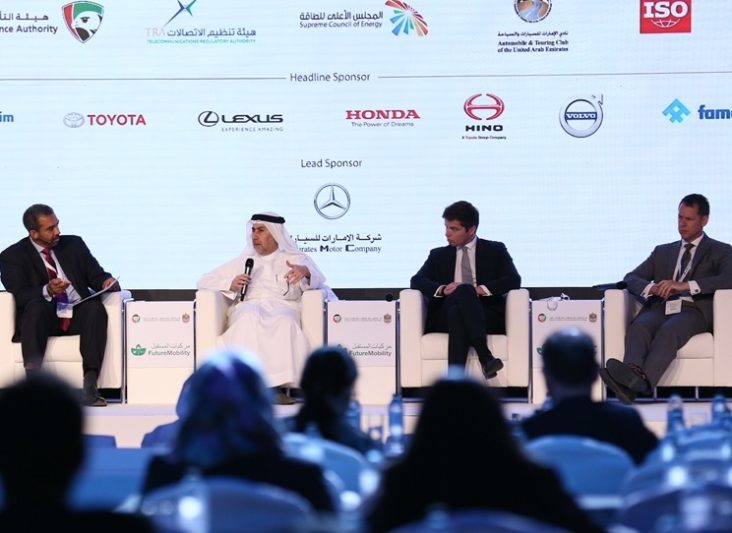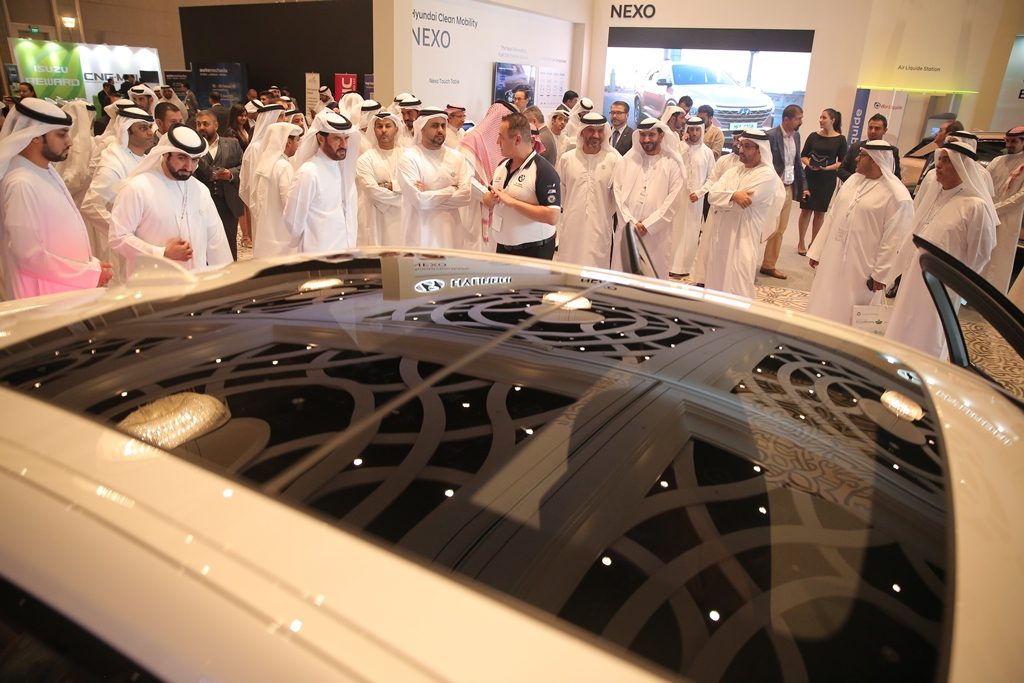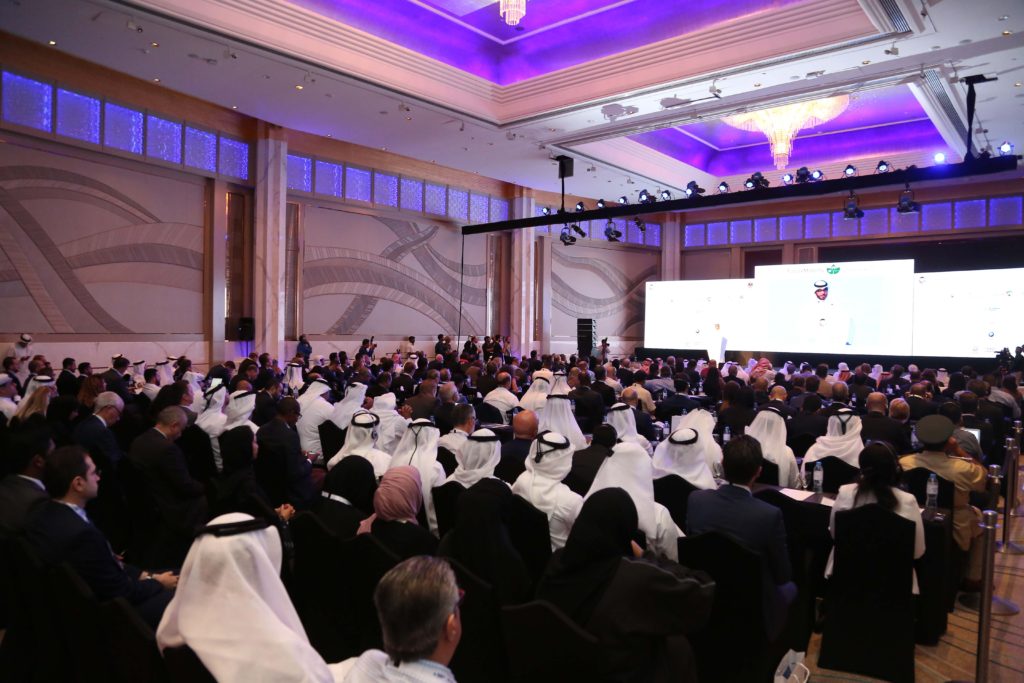Global Automotive And Transport Leaders Due In Dubai To Examine Mobility Options In A Sustainable Era

Hundreds of automotive and transport leaders from across the world are due in Dubai later this month to examine global mobility options in a sustainable era.
Experts will head to the 5th International Conference on Future Mobility (ICFM) – the region’s most eminent annual gathering of influential sustainable and intelligent mobility leaders – which will run at the Grand Hyatt from 26-27 November. They will hear from specialists and regulators in the vanguard of vehicle and transport design map out the future of travel.
And major change is on the horizon, according to H.E. Abdulla Abdulqader Al Maeeni, Director General, Emirates Authority for Standardization and Metrology (ESMA), which is organising the conference in collaboration with Messe Frankfurt Middle East.
“The automotive and transport sector faces a future that will be fundamentally different from its past,” says HE Al Maeeni.
“Numerous trends ranging from energy decentralization to the Internet of Things and Artificial Intelligence are coming together to create drastic changes in the transport and mobility ecosystem which will be in focus at this year’s conference.”
Delegates will hear from a powerful speaker platform comprising regulators, vehicle and transport designers and operators from the USA, Canada, Norway, Germany, the Netherlands, Finland, Saudi Arabia and the UAE.
The former Chief Information Officer of the City of Palo Alto and quantum computing expert, Dr. Jonathan Reichental is to introduce new transport modes, including autonomous air transport and ground-based drones that will change the way cities are designed.
“Mobility is becoming a much more diverse space with the introduction of many new forms of transportation innovation. Each one has advantages and challenges that must be evaluated and addressed,” he says. “As our transportation options become more deeply integrated into digital networks, the security attack vectors are also increasing. This is an area of focus as more connected transportation comes online.”
Dr. Reichental has applauded Dubai’s autonomous vehicle trials and says openness to experimentation will be key to future transport success: “there are so many interesting innovations emerging in the mobility space that we need to look at each and understand their benefits and challenges,” he added.
“There is a trend towards more personalised transport such as scooters, ebikes, and mopeds. In addition, there are greater demands being placed on the availability of electric charging stations as our mobility options become electric-powered.
“Taking a broad view of the emergent space and developing a strategy is a better approach than to piecemeal the response for every new idea. This is the time for leadership and the UAE is showing what is possible.”
Edoardo Gianotti of the Sustainable Transport Division of the World Forum for the harmonization of vehicle regulations (WP.29) says he will be out to canvas Middle East support for global standards and share the latest in developing global technical regulation for electric vehicle safety.
Regulations on a global scale, he says, are vital to the survival of vehicle makers: “because of the relatively small volume of electric vehicles and their components currently produced, any degree of convergence between regulatory obligations at the national and international level can result in economies of scale and cost reductions for automotive manufacturers – critical in the context of economic recovery and the general cost-sensitiveness of the industry.
“Different national regulations create barriers to trade, requiring manufacturers to design vehicles to meet each individual standard and to test them in each country. These costs are passed on to the consumer,” he warned.
The Middle East, says Gianotti, will have a pivotal role to play in drafting regulations. “In order to ensure the overall safety of vehicles equipped with a Rechargeable Electrical Energy Storage System containing flammable electrolyte, the vehicle occupants should not be exposed to the hazardous environment resulting from a thermal propagation, which is triggered by a single cell thermal runaway due to an internal short circuit.
“This is particularly critical for high temperature climate like in UAE. The contribution of Middle East countries for to develop provisions fitting high temperature climates could be relevant.”
The 5th International Conference on Future Mobility will feature more than 25 speakers, and is co-located with an exhibition showcasing vehicles from leading manufacturers such as Mitsubishi, Porsche, Jaguar, Mercedes, MG, and Audi.
More information is available at: www.mobility-future.com.





